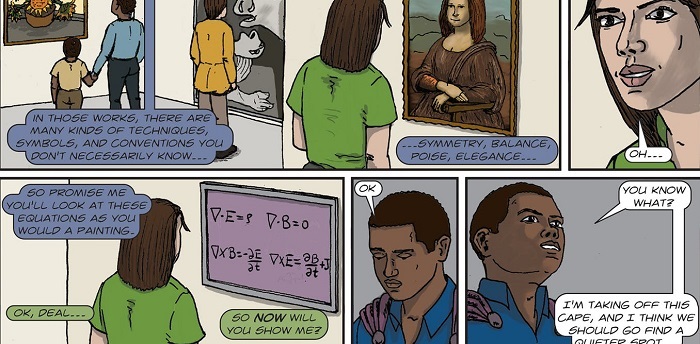Brain scientists haven’t been able to find major differences between women’s and men’s brains, despite over a century of searching
People have searched for sex differences in human brains since at least the 19th century, when scientist Samuel George Morton poured seeds and lead shot into human skulls to measure their volumes. Gustave Le Bon found men’s brains are usually larger than women’s, which prompted Alexander Bains and George Romanes to argue this size difference makes men smarter. But John Stuart Mill pointed out, by this criterion, elephants and whales should be smarter than people.
So focus shifted to the relative sizes of brain regions. Phrenologists suggested the part of the cerebrum above the eyes, called the frontal lobe, is most important for intelligence and is proportionally larger in men, while the parietal lobe, just behind the frontal lobe, is proportionally larger in women. Later, neuroanatomists...


